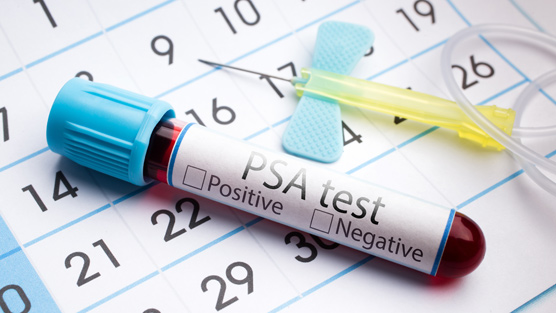Sharp Decline In Prostate Cancer Screening
According to two recently published studies, it appears that fewer men in the U.S. are being screened for prostate cancer, and even fewer cases of the disease are being diagnosed nationwide. The issue of PSA screening has long been debated topic in men’s health for years and came to a head in 2012 when the U.S. Preventative Services Task Force advised the federal government against routine PSA screening. Both studies which were published in the Journal of the American Medical Association (JAMA) found significant declines in both PSA testing and and a significant fall in the rate at which men are being diagnosed with prostate cancer.
In the first of the two published studies in JAMA researchers with the American Cancer Society (ACS) found the percentage of men ages 50 and older who reported having had a PSA screening in the previous year fell by 18 percent from 38 percent of those men in 2010 to 31 percent in 2013. The second study was conducted by researchers from the Brigham and Women’s Hospital and Dana-Farber Cancer Institute in Boston and Henry Ford Health System in Detroit. They looked specifically at screening rates and found a comparable pattern of decline. In men ages 60 to 64 45 percent underwent screening in 2010 as opposed to only 35 percent of men who were screened in 2013. There was also a big decline in men aged 50 to 54 with only just 18 percent getting a PSA test in 2013 compared to 23 percent in 2010.
Dr. Otis Brawley, the chief medical officer for the American Cancer Society stated,
“The decline in incidence and the decline in the proportion of men getting screened likely means that doctors and patients are beginning to understand that it’s not known whether prostate cancer screening saves lives.”
Dr. Brawley did mention however that PSA screening can also potentially be harmful as well saying,
“One of the things we do know,” he said, “is that screening is more likely to diagnose the kind of prostate cancer that is not a threat to health and does not need treatment.”
Doctors however on both sides of this topic do agree that it will take more time and research before anyone has a clear understanding of how the decline in screening and diagnosed cases of prostate cancer will affect one specific aspect of this debate which is; How will the death rate from prostate cancer be affected?






